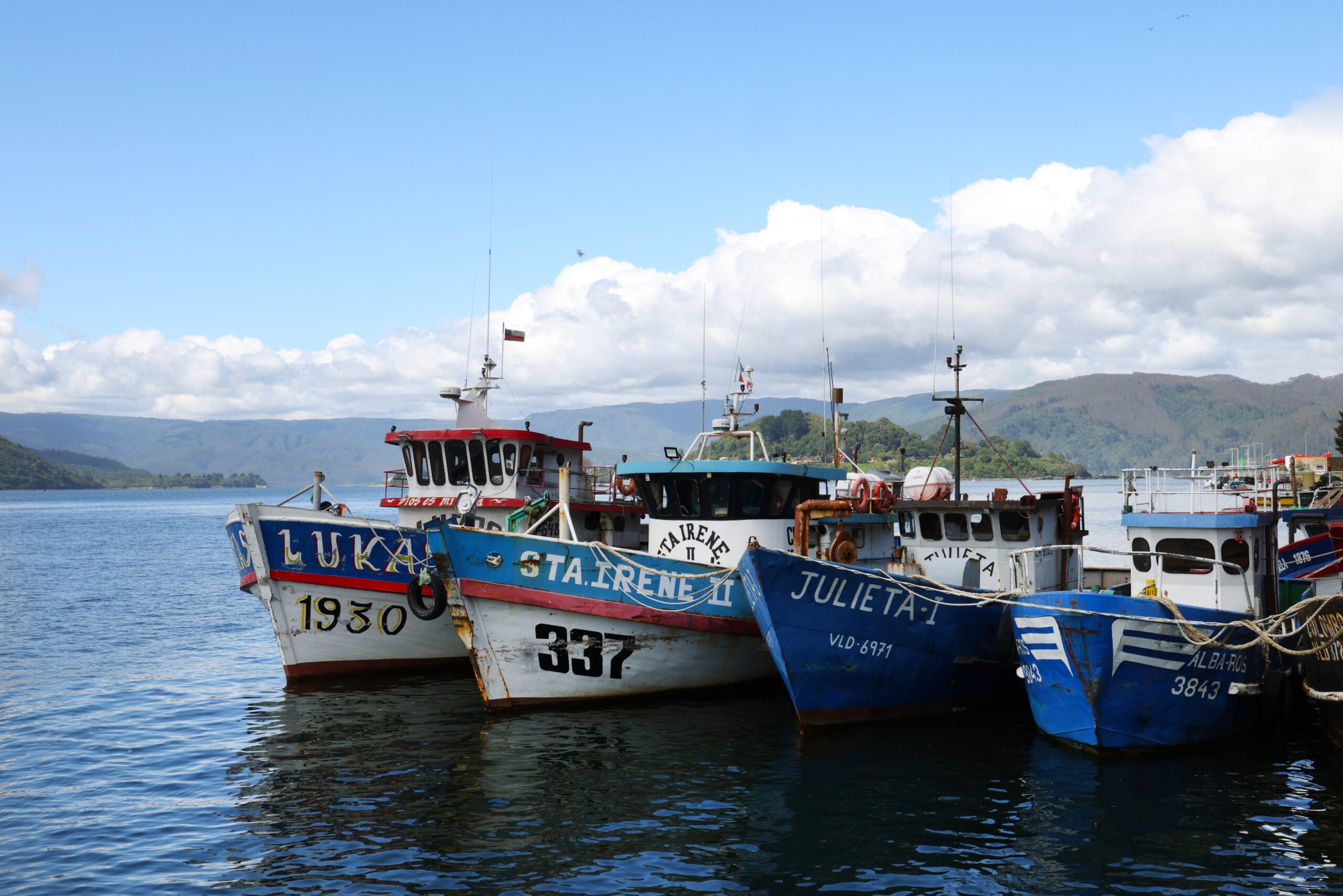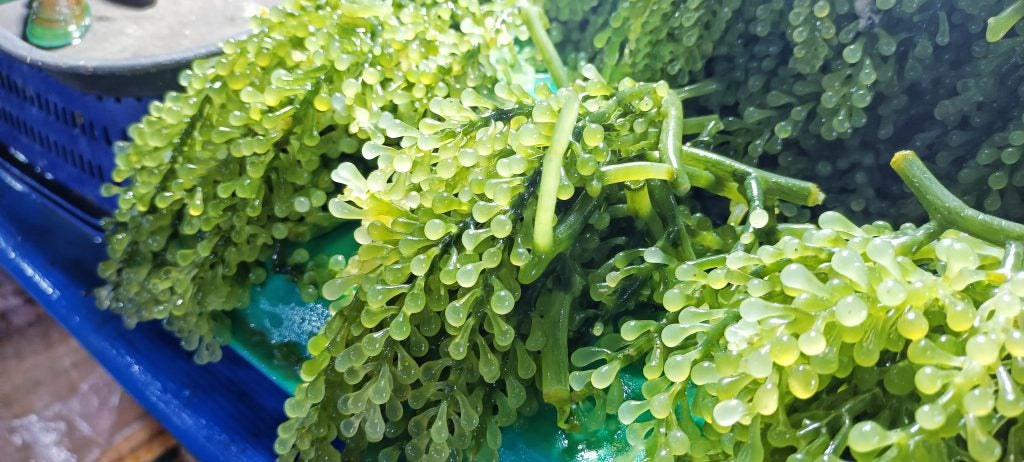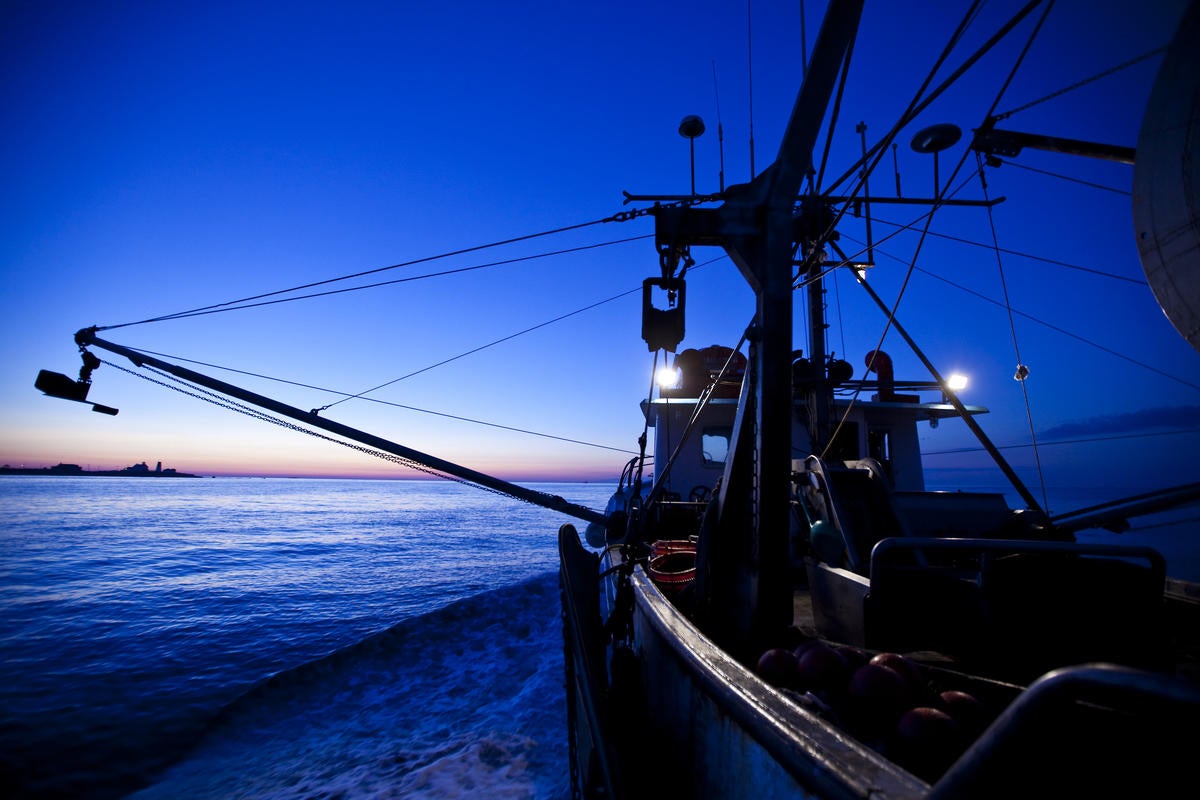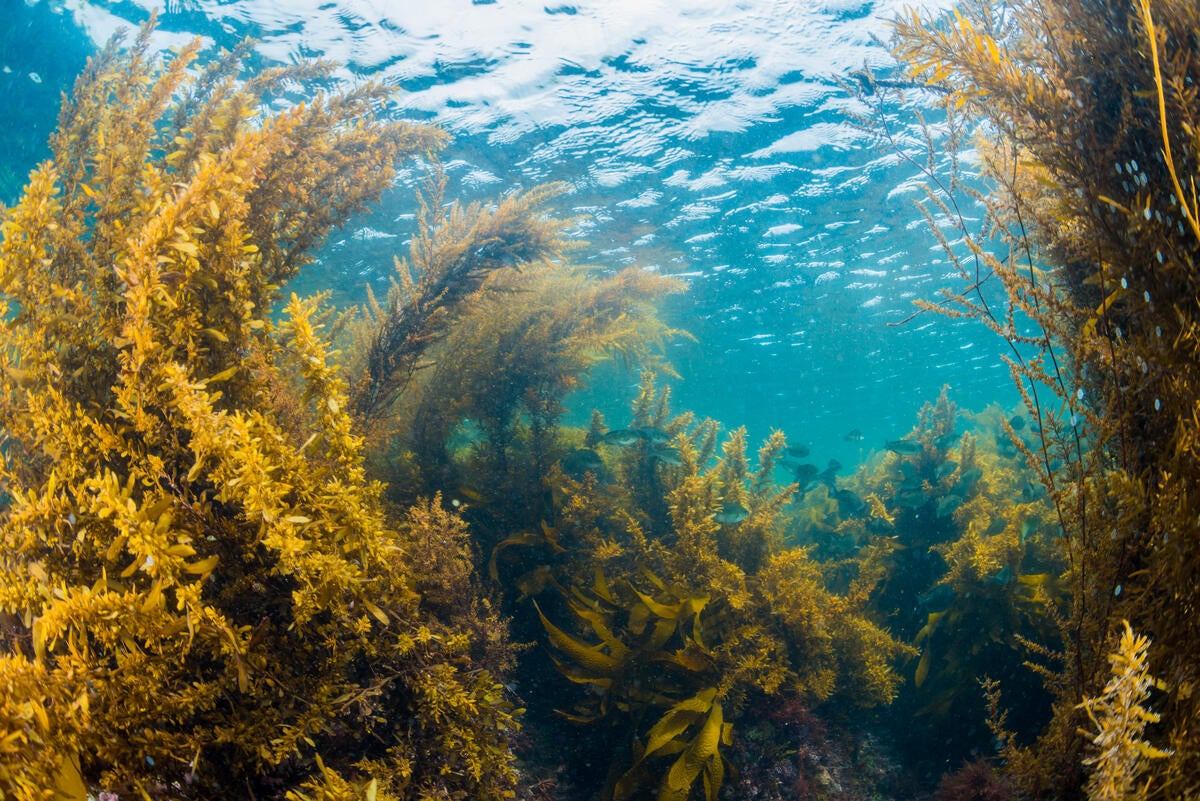By Jose Luis Chicoma and Karly Kelso
Last week, global leaders gathered in Rome for the UN Food Systems Summit (UNFSS) +2 Stocktaking Moment, a follow-up event to evaluate commitments to transforming their food systems and progress in achieving the Sustainable Development Goals (SDGs) made in 2021. In short, it was a time to gather and take stock of where we are – and where we should go next.
How did it shape up?
In this interview, Jose Luis Chicoma, former Peru Minister of Production, Yale World Fellow and Senior Advisor to EDF Climate-Resilient Food Systems, who was present in Rome, shares personal reflections and his insights, concerns and hopes for the future. Food systems and ocean health go hand in hand, and reflections on aquatic blue food in concert with terrestrial food systems are key.















